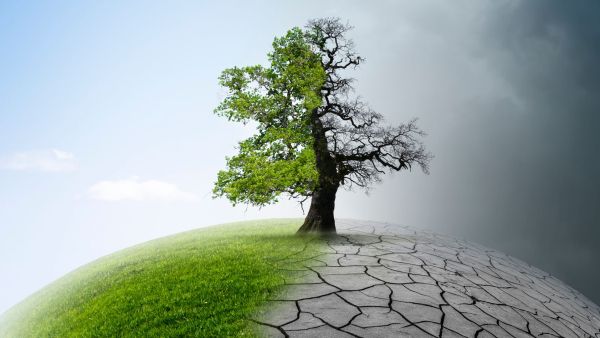Today the plenary of the European Parliament will debate on the deal reached by the EU Council and the parliament’s negotiator, S&D MEP Simona Bonafè on waste management. The final vote on the four new legislative proposals will take place on Wednesday.
This legislative package is the result of the strong commitment of the Group of the Socialists and Democrats to achieve a sustainable economic and social model, despite the initial short-sightedness of the European Commission, most member states, and also other political groups in the European Parliament.
Back in December 2015 the Commission submitted a proposal amending the 2008 Waste Framework Directive, which focused mainly on municipal waste. The S&D Group in the European Parliament called for a full set of coherent measures that would ensure a just transition to a zero-waste production system.
S&D MEP Simona Bonafè drafted the four parliamentary reports for the new directives - on waste, landfill, packaging and recycling of vehicles, batteries and electronic equipment - and negotiated with the Council until a decent deal was reached last December.
Ahead of the final plenary vote to adopt the Circular Economy package, Simona Bonafè said:
“It was a very difficult negotiation because some still don’t understand that the current 'take, make, dispose' model is unsustainable and unhealthy. Around 600 million tonnes of waste are just thrown away in Europe, when they could be reinvested in the economy. So many resources are lost, and so much waste is produced, that it has become almost impossible to handle it.
“Products should be designed to last and be repairable, reused, recycled, and remanufactured. In addition, we want innovation to be at the core of this new economic model, promoting new jobs and competitive new European industries. We already envisage great start-ups and projects in Europe.”
S&D vice-president on sustainability, Kathleen Van Brempt, said:
“Simona Bonafè was able to find a delicate balance between ambitious targets and pragmatic flexibility for member states to adapt. Each one will advance at a different pace, but all towards ensuring better quality of life, preserving natural resources and setting the foundations of a sustainable economy across all sectors: farming, industry, transport, and all technological innovation.
"These four directives will improve prevention of waste, in particular food waste and marine litter, as well as plastic food-packaging. They will also increase recycling and reusing, as well as recovering crucial raw materials, mainly from electronic devices.
“However, this is only the first step, and we are ready to lead the next ones. We are ready to continue to lead on this transition: We will soon vote on the Plastics Directive and we expect the Commission to present its proposal for eco-design. Along with reducing waste and making the full use of raw materials, we will also keep working for energy savings and a zero-carbon economy. That is the only way forward.”
MEPs involved
Vice-president
S&D Group Bureau, International Trade, Development & Global Sustainability
DEVE, INTA, INTER-PARLIAMENTARY DELEGATIONS, ENLARGEMENT
Belgium
Related content
Find out more









